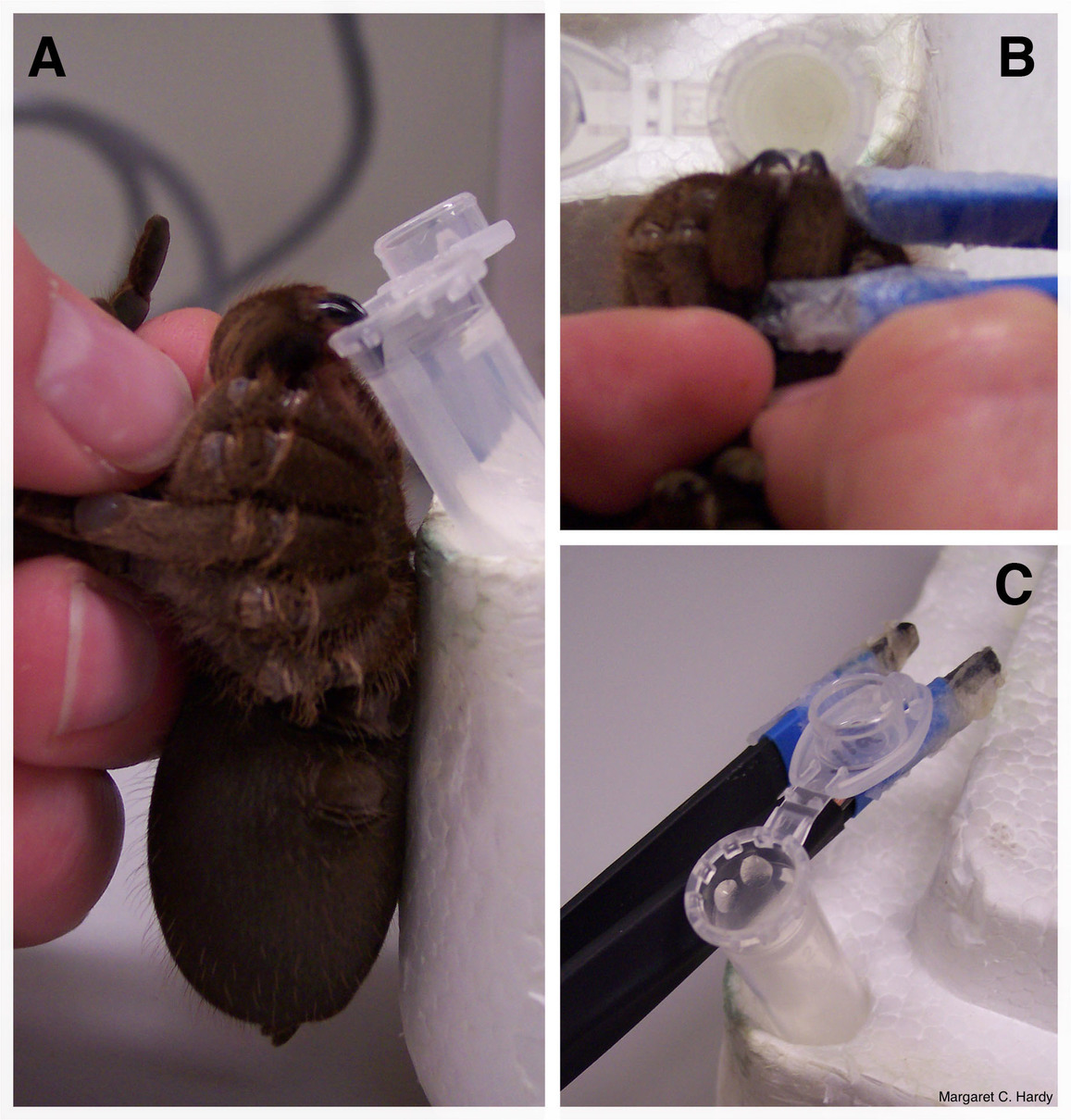They may look large, dark and hairy but the deadly tarantula spider could hold the key to treating chronic pain.
Scientists from UQ’s Institute for Molecular Bioscience (IMB) discovered a small molecule in tarantula venom that significantly reduces pain when administered in conjunction with a low dose of opioid, making the combination a promising new approach to treat pain.
IMB’s Centre for Pain Research Deputy Director Dr Irina Vetter said the discovery was important to progress the development of new, more effective treatments for chronic pain.
“The molecule called Pn3a was found to inhibit Nav1.7, a protein located in nerves whose role is to signal pain,” Dr Vetter said.
“The protein does not affect other sensations, like touch, which means Pn3a has exciting prospects as a pain drug.
“Current drugs either don't work or have terrible side effects, like addiction, breathing difficulties and sedation.
“Pn3a is very selective and doesn’t have any side effects. We also found it reduces the amount of opioids required to give pain relief.”
The development of a new class of painkillers based on Pn3a would bring greater pain relief to patients who are suffering while reducing the use of opioids.
“Our team will progress this research further to hopefully create a new drug, which could help millions of Australians, young and old, who live with chronic pain every day.”
Turning venom into medicine

Spiders are master insect killers who have been around for 400 million years, however, emerging technologies have recently made it possible to analyse the compounds found in their venom and that of other animals. This has led to the discovery of a number of potential new treatments for pain.
Tarantulas, for example, have complex venoms rich in molecules which act to rapidly immobilise prey by targeting their nervous system.
This ability to target nerves means that while some of these molecules kill insects, others act as painkillers in humans.
Scientists at the IMB Centre for Pain Research have world-leading technology and expertise to discover these new molecules and assess their effectiveness as treatments.
Tarantulas:



